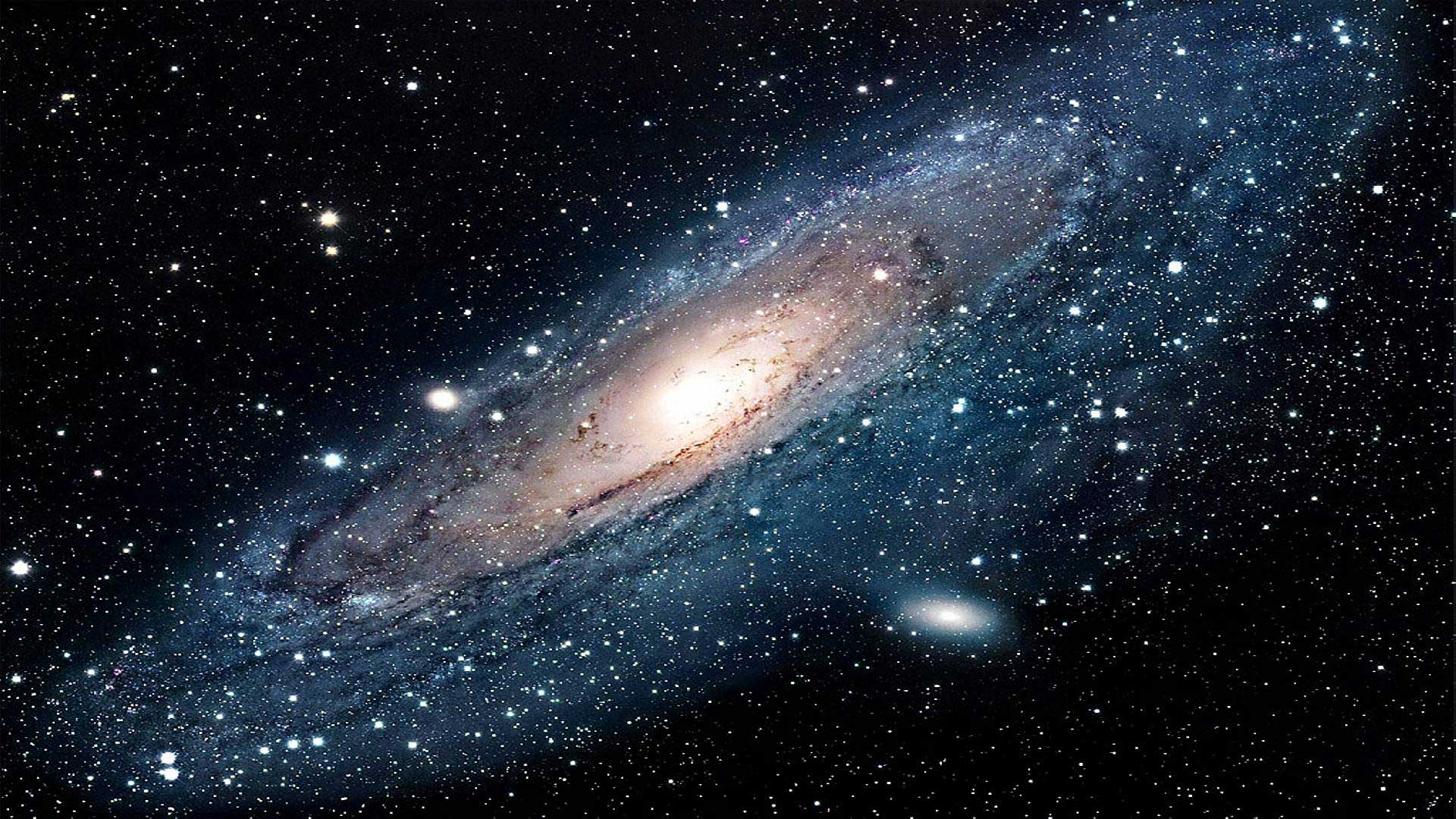https://www.npr.org/2021/10/26/1049282754/nasa-new-planet-discovered-outside-milky-way-galaxy
NPR
While researchers have found more than 4,000 planets in our own galaxy, this is the first time anyone has found what could be a planet that exists outside the Milky Way.
We may be one step closer to understanding the unknown parts of our universe.
Astronomers using NASA’s Chandra X-ray Observatory telescope have detected what appears to be a planet in a galaxy beyond the Milky Way for the first time in history, NASA announced on Monday.
The unnamed exoplanet — the name for a planet that exists in a solar system outside of our own — is believed to exist in the in the M51, or “Whirlpool” galaxy, around 28 million light-years from Earth, NASA said.
The possible planet is as big as Saturn
Not much is known about the potential planet, but it’s believed to be around the same size as Saturn and orbiting its version of the sun at around double the distance of Saturn from our sun, according to scientists.
Researchers spotted signs of the exoplanet by observing what is known in astronomy as a transit — a transit is when a planet passes in front of a star and blocks light from the star. Looking through advanced telescopes, astronomers were able to watch for a “characteristic dip” that comes with a transit, according to NASA.
This method is among those that have been used to discover numerous confirmed and potential planets outside of our solar system. Since the 1990s, astronomers have discovered more than 4,000 exoplanets, according to NASA. But all of those were found in our Milky Way galaxy.
It could be decades before scientists can confirm the discovery
As exciting as the idea of other planets existing outside of our galaxy is, NASA said more research is required to confirm the existence of the exoplanet. And that’s no easy feat: the unnamed planet is believed to have such a hefty orbital distance that it would not pass in front of its neutron star or black hole for another 70 or so years, according to the release.
Still, the potential discovery could be…



Connect with us on our socials: